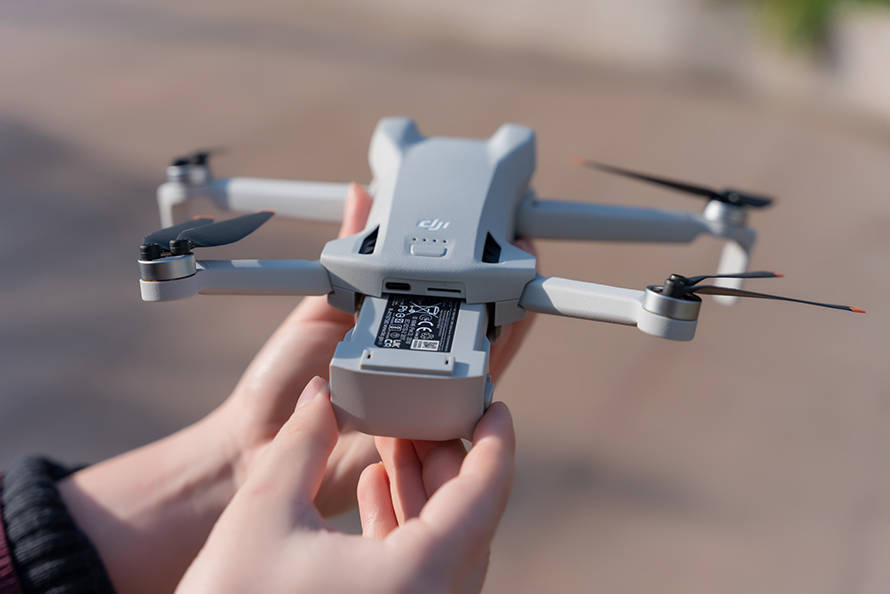Are you fascinated by the possibilities of flying a drone? Do you dream of capturing stunning aerial footage or starting a drone-related business? Unlocking these opportunities begins with obtaining your 107 drone license. This prestigious certification allows you to operate a drone commercially in the United States, and while the process might seem daunting, mastering it can be effortless.
Understanding the 107 Drone License
The 107 drone license, officially known as the Federal Aviation Administration (FAA) Part 107 Remote Pilot Certificate, is required for commercial drone operations in the U.S. Regardless of the specific activities you plan to involve your drone in, this certification is essential. It assures compliance with legal standards and demonstrates your proficiency in handling drones responsibly.
Why Pursue a 107 Drone License?
Acquiring a 107 drone license unlocks numerous opportunities for aspiring drone pilots. With this certification, you can legally monetize your drone services, whether it’s capturing breathtaking video for real estate agents, conducting aerial surveys for construction firms, or engaging in innovative environmental monitoring projects. The license not only opens doors to various industries but also enhances your credibility and can lead to increased business.
A Step-by-Step Guide to Earning Your License
Begin by understanding the eligibility criteria for the Part 107 certification. You must be at least 16 years old, proficient in English, and pass a TSA screening. Once eligible, the next step is to prepare for the FAA’s aeronautical knowledge test. This examination assesses your understanding of airspace regulations, weather patterns, drone maintenance, and other critical topics. Extensive studying is advisable, utilizing resources such as online courses, study guides, and practice tests.
Register with an FAA-approved testing center to schedule your exam. Upon passing, you’ll submit your application through the Integrated Airman Certification and Rating Application (IACRA) system. After the TSA completes its screening and your application is processed, you’ll receive your new license, prepared to soar into the commercial drone field.
Key Focus Areas for Exam Preparation
While studying for the aeronautical knowledge test, concentrate on segments that most candidates find challenging. Familiarize yourself with sectional charts, understand airspace classifications, and master risk management protocols. A solid grasp of these areas boosts your confidence and performance on examination day.
Utilizing Your 107 Drone License
Once licensed, you’re equipped to explore various professional pathways. You may choose to start a business, offering drone photography services, or partner with organizations for security surveillance. Experimentation and continuous learning are essential as the drone industry evolves rapidly.
Commonly Asked Questions
Q: How often must I renew my 107 drone license?
A: The Part 107 certification must be renewed every 24 months. The process primarily involves passing a recurring knowledge test to ensure you stay updated on current regulations.
The Part 107 certification must be renewed every 24 months. The process primarily involves passing a recurring knowledge test to ensure you stay updated on current regulations.
Q: Can I operate any drone commercially with this license?
A: While the 107 drone license permits commercial operations, you must ensure the drones comply with FAA standards. Drones weighing less than 55 pounds are eligible, but more specialized systems may require additional certifications.
Q: What if I fail the test on my first attempt?
A: Don’t worry; you’re allowed to retake the test if you don’t succeed initially. Use failures as learning opportunities to refine your understanding and preparation strategies.
The journey to achieving your 107 drone license is neither impossible nor elusive. With calculated preparation and passion, you can elevate your drone expertise, confidently navigating the skies with legal certification and exploring a wealth of commercial opportunities.